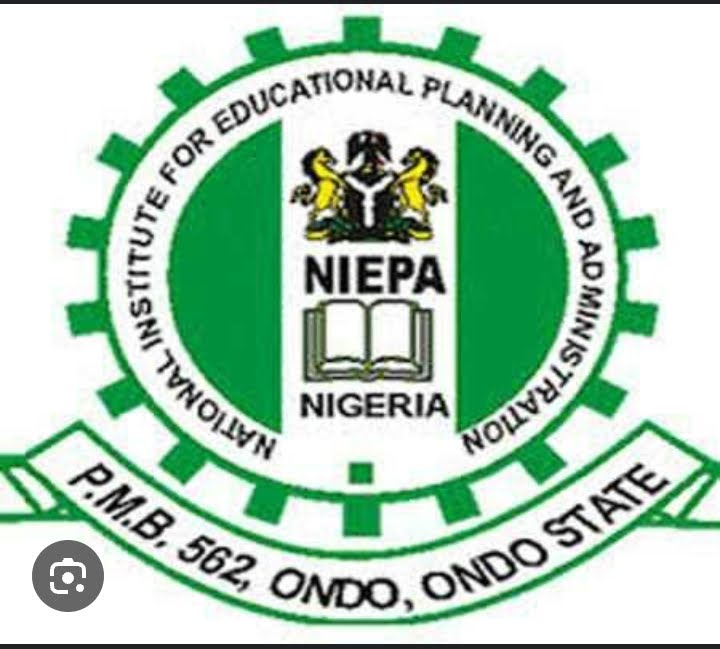The National Institute for Educational Planning and Administration, NIEPA has moved to change the narrative and improve the poor quality of education in the North-West.
The director General NIEPA Dr. David Shofoyeke made this known while declaring open a 7-day training workshop organized by the institute for 60 head teachers, education officers and principals on effective school management in the 21st century.
READ ALSO: UNICEF Commends Governor Yusuf for Prioritizing Education
Represented by Dr Grace Tolulope, he said the Teachers Development Programme is a panacea to the poor quality education hence the resolve of the institute to commence the training in the region.
According to him, the Nigeria Measuring of Learning Achievement 2017 pointed out that, the state of basic education indicates that 70 per cent of children in Nigeria cannot read with meaning or solve simple maths problems.
“Only 49 per cent and 55 per cent of children in the school achieve basic proficiency in literacy and numeracy, respectively”
He attributed the scenario to Teacher Professional Development (TPD) which is heavily dependent on cascade training and limited provision for coaching, mentoring support, and instructional leadership among others.
Dr. Shofoyeke stressed that, through the workshop, participants were exposed to effective school management, roles of school heads in school management, school culture, instructional leadership, Safe and violence-free school, Climate change, Team building and collaborative problem solving among others.
The director general hinted that the National Assessment on Learning in Basic Education in Nigeria (NALABE, 2018) report on state achievement in content and cognitive domains shows that the national mean scores in Maths and English Language were 64.40% and 63.43% respectively.
He however maintained that the Human Development Index (2020) shows that Nigeria has a low Human Development Index score of 0.539 which is largely attributable to poor performance in education. High rate of school dropout, low transition, and completion rates largely because of poor-quality education.
“4 million children drop out annually between Primary 1 & JSS 3 due to poor quality education”
“ Poor management of human, materials and financial resources; low awareness in managing schools within the changing contexts of culture, climate, safety and security as well as violence; working in silos, weak records keeping, and maintaining friendly school environment that reduces out-of-school/dropout syndrome, among others
“The totality effect is the inability to achieve the basic education goals which not only have implications for the foundation of quality post-basic education but moral values and societal improvement”
Dr Shofoyeke commended the Universal Basic Education Commission UBEC for funding the workshop on Effective School Management in the 21st century for head teachers, education officers and principals from the six geo-political zones in the country.
